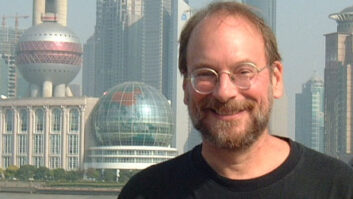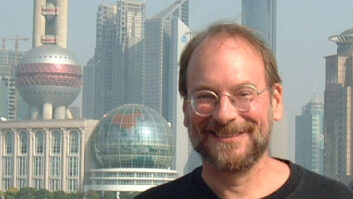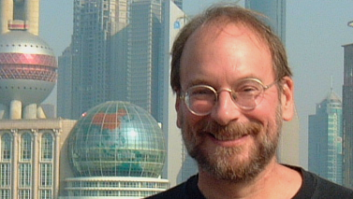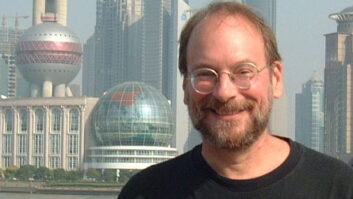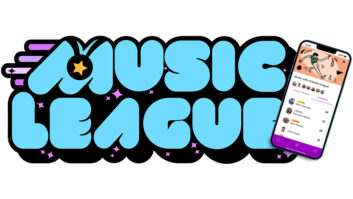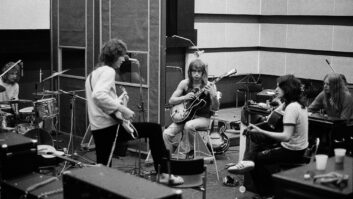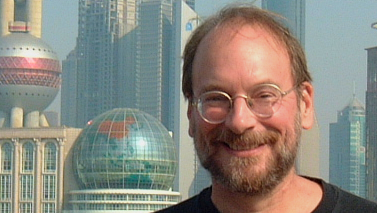
Music is a product of its time.
It exists within the context of peoples’ memories and place markers along the timelines of our lives. It’s about the songs that are played at weddings, the music that consoled you in dark times, the hits that resonated with your joy and, of course, the sentimental connections that companies exploit shamelessly in TV commercials. Whether music celebrates passionate sex or the glory of God, you remember when you first heard music that left you transfixed.
Music captures emotions in waveforms. Our art is to create those waveforms, preserve them if possible, and let them go out into the world. But does what you do matter?
In YouTube’s Comments section for Fine Young Cannibals’ “She Drives Me Crazy,” it doesn’t get much more poignant than this:
[Heard it] in the summer of 1989 when I got married. Great song that takes me right back to my honeymoon in Turkey. Now 32 years later, I am nursing my sick husband to celebrate our last Christmas together. What a blast it has been. Gone so fast.
That stopped me in my tracks. It should stop you in your tracks, too.
THE POWER OF SONG
Did songwriters Roland Gift and David Steele know they were going to create something that went beyond “just a song”? When the console was powered up in Studio B before the session at Paisley Park, did anyone think what they made would endure in the minds of listeners over 30 years later? Probably not. They were artists. What they did was create art.
Sure, that recording was also a bottom line on a spreadsheet somewhere. But for the person making that YouTube comment, it was a marker on the timeline of a marriage that endured literally in sickness and in health.
And here’s why that comment should stop you in your tracks. These days, I hear much minimizing of what musicians, engineers, songwriters and producers do. “Oh, it’s okay they only get a pittance for streams; there’s so much music being released, can they really expect to make anything from it?”
Or think about the YouTubers with their “pro tips” that say you don’t need to know engineering or production. “Just click on this plug-in from a company I love more than life itself, and you’ll get results as mind-blowingly awesome as pros like me!”
Think about the companies that try to convince us we need to take the lightning-in-a-bottle recordings of the past and redo them with a “modern” sound. Why? Because clearly the people who did them weren’t very good, otherwise we wouldn’t need to make things right. We need to correct their “errors,” spice up the high end, get rid of those pesky dynamic range variations, and have the sound play back through 72 speakers. There! Doesn’t that sound better?
Uh…no.
THE VALUE OF YOU
When I was a studio musician at Local 802 in New York, each check meant that a producer (and maybe even a record company) valued my contribution. Each time I was paid double-scale, I felt doubly acknowledged that I mattered. Clubs at that time didn’t expect you to “pay to play.” Most of the places I played were run by people who may have been sketchy businessmen, but generally they were people who loved music, and at least respected the art that musicians created. Maybe they couldn’t be artists, but in their own way, they could be patrons of the arts.
Open Channel: Is the Race to the Bottom Over?
Open Channel: The Future’s So Bright, I Gotta…Write About It
Today, many engineers, musicians, and live sound mixers can echo comedian Rodney Dangerfield’s famous line: “I don’t get no respect.” But you should. The school boards that think cutting music education is a priority, the venues that expect playing at a loss “for exposure,” the all-you-can-eat streaming services that see songs and recordings as products to be consumed—not art to be appreciated—are explicitly telling you that you’re not worth much.
But you are. You’re worth a lot to the veteran playing “We Gotta Get Out of This Place” over and over to maintain some level of sanity. You’re worth a lot to the young girl who listens to Taylor Swift and thinks, “If she can be herself, so can I.” You’re worth a lot to the person who received a lifeline from you—that you didn’t even realize you’d sent out—in a period of crippling depression. You’re worth a lot to the couples that get teary-eyed whenever they hear “our song.”
You matter. Don’t believe anyone who tells you that musicians don’t matter, engineers don’t have any skills that can’t be acquired by choosing the right plug-in, and producers aren’t needed anymore. I understand why some people think that way: society’s current fixation is on how much you make, not how much you contribute. But maybe that’s one reason why so many people have a nagging feeling the world is going in the wrong direction.
Stand tall. You’re an artist, and anyone who looks down at what you do will never understand what it’s like to create something intangible that changes someone’s life, or that simply triggers recollections that bring joy to someone whose memories of life and music are forever intertwined.
